A New Homeowners First To-Do List
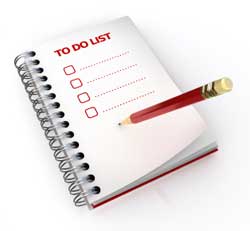
Your new home’s closing is imminent, and the excitement of moving is mounting! Besides connecting utilities and updating your address, some things should be done at the new house as soon as possible. Follow these guidelines so nothing will be forgotten:
-
All of the entryway locks and/or keypad codes should be changed. Get a security system set up, and if there is one in place, reset it to default settings and customize it to your needs.
-
If you are a family with small children, have safety measures in place before everyone goes into the house.
-
Deep clean the new house, even if it looks clean. Save money by doing this yourself, or have a professional take care of this before move-in.
-
With a copy of the home inspection in hand, walk through the house and check for minor things that did not require repair by the seller. Have those minor things taken care of before they become major (and costly) things.
-
Painting, removing textured ceilings, and other small improvement jobs will be completed faster if done before all your belongings are in place.
-
Turn on all the appliances, familiarize yourself with the breaker panel, and locate the shut-off valves for utilities.
-
Measure windows and purchase blinds or shades if window treatments were not included in the sale.
-
Get to know your neighbors! Once you have moved in, introduce yourself by hosting a “front porch social” with simple snacks. Hang a banner or place a sign in the front yard asking them to stop by and say “hello.”
As a homeowner, your to-do list is rarely going to be finished. While many tasks can wait until after settling in, others cannot. Taking care of these “little” things upon move-in will cement the “homeowner” feeling and start you on the road to pride in your home and protection of your investment.
Courtesy of Chester County PA Realtor Scott Darling.
Photo credit: home tips for women
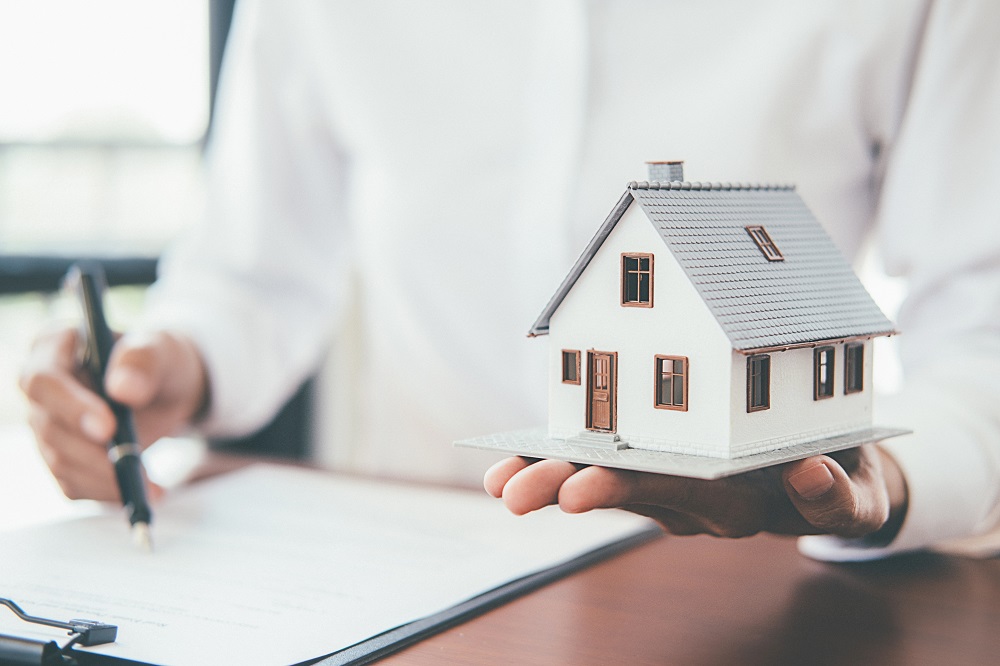

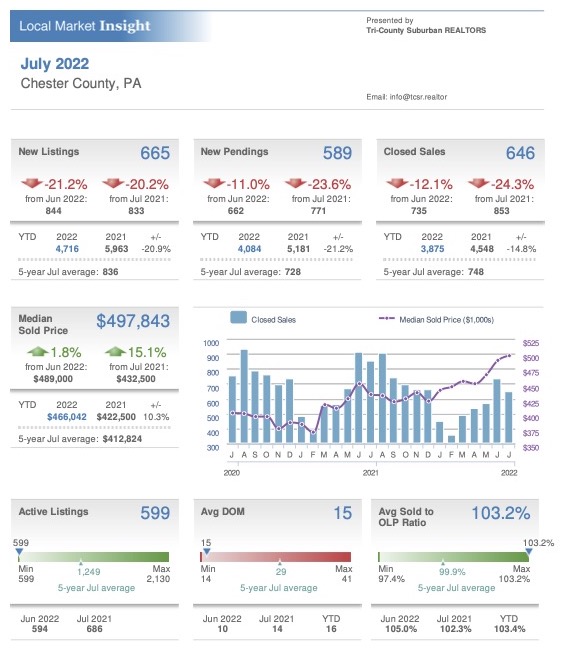
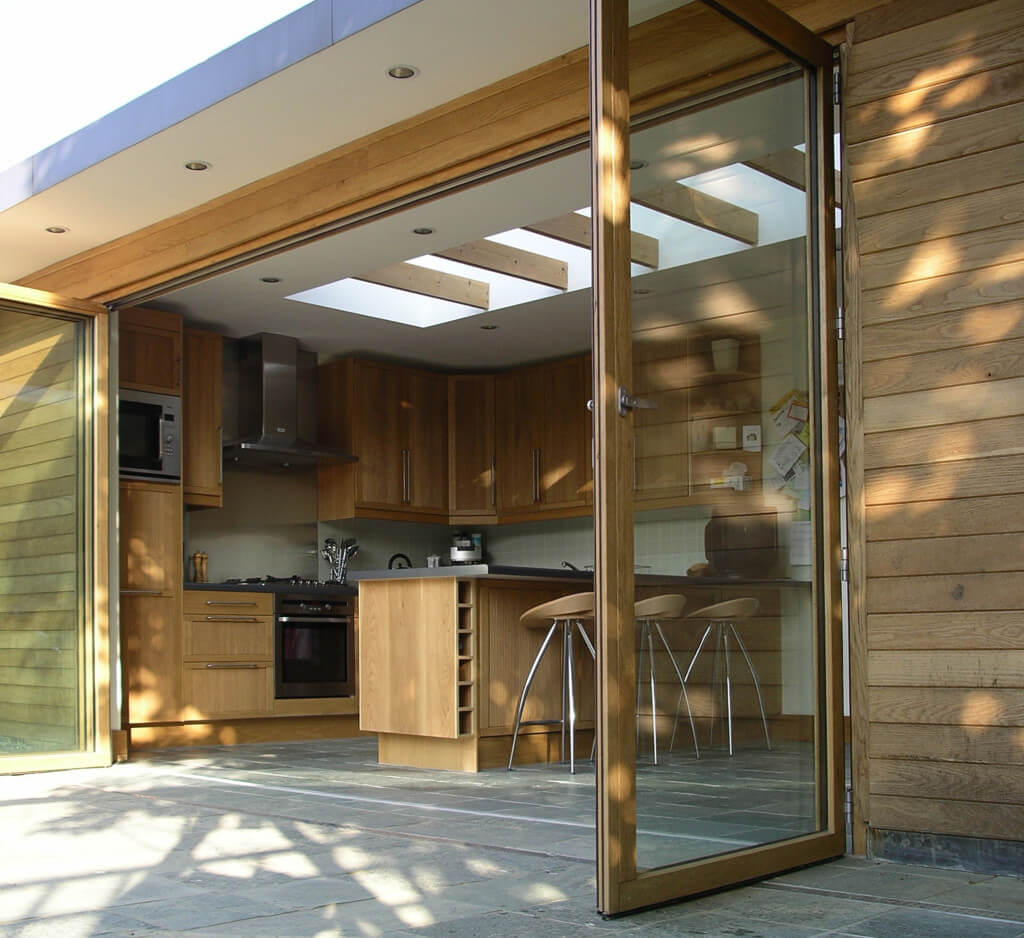

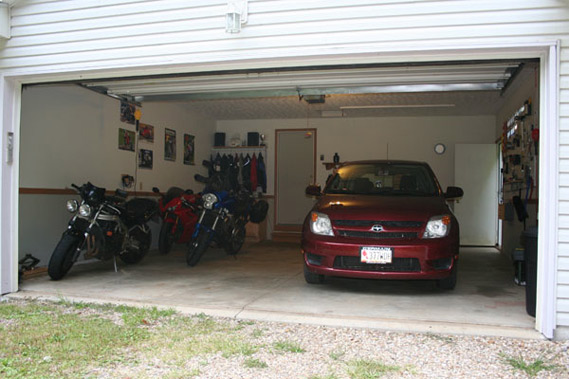
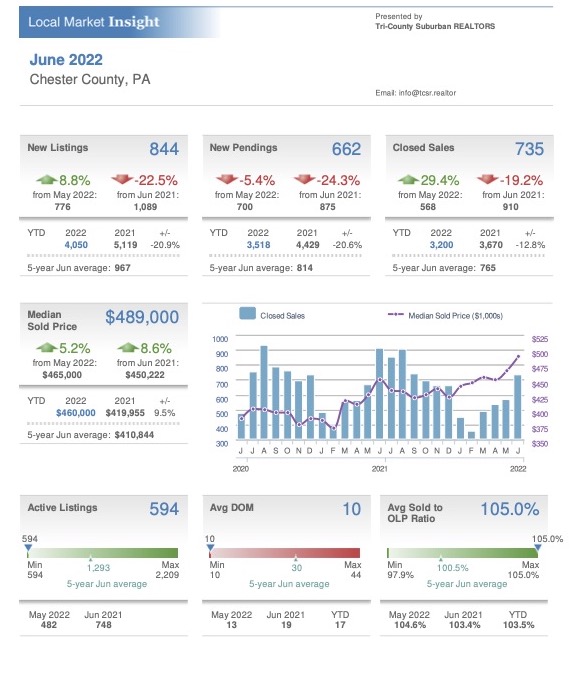
.jpeg)





